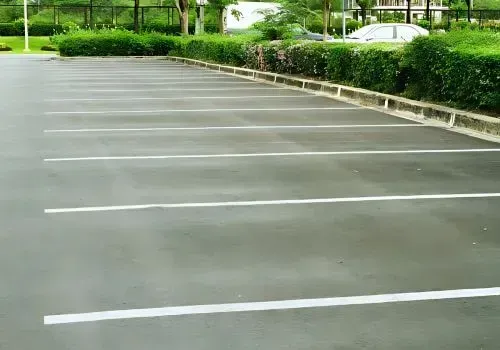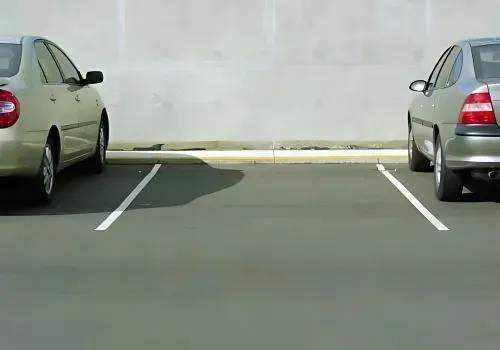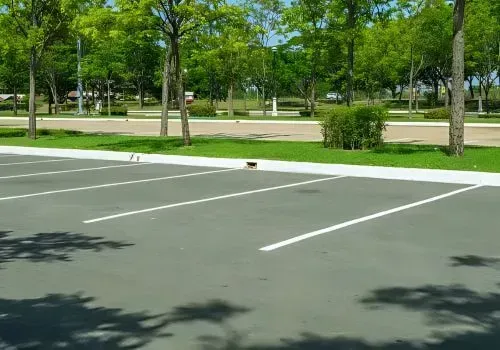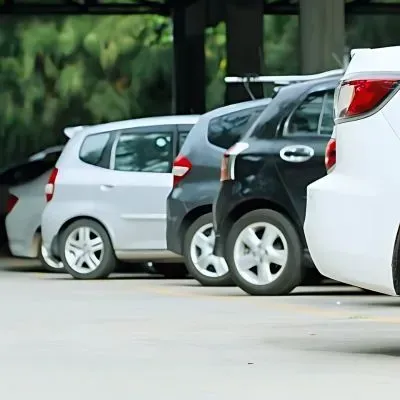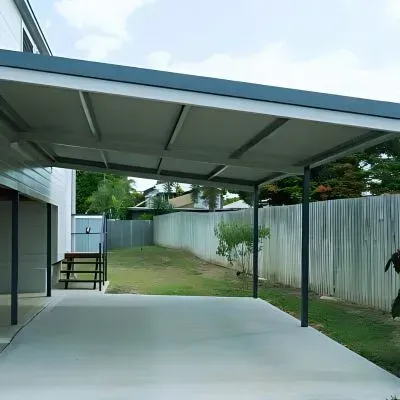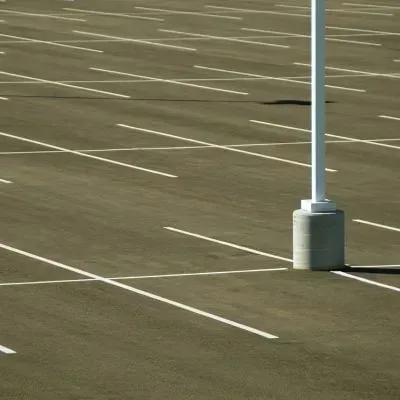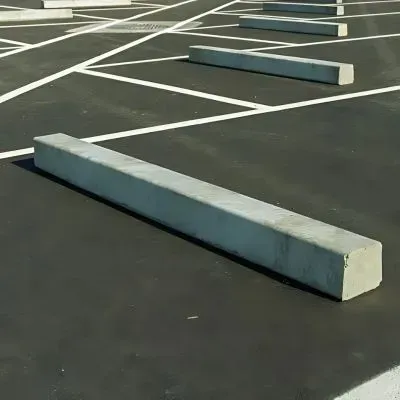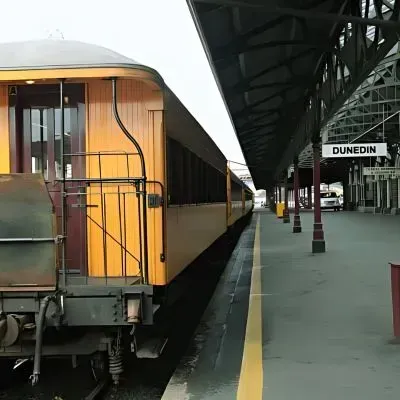In Dunedin, most concrete car park projects fall within an indicative range of $90 to $200 per square metre. Treat this as guidance only. Final figures are set by independent contractors after a site visit, a measured scope, and confirmation of access and ground conditions. If you’re researching concrete car park cost in Dunedin, note that larger footprints or multi‑stage pours may qualify for volume‑based rates or bulk discounts at the contractor’s discretion. We construct ground‑level concrete car parks only.
Totals are shaped by subgrade improvement and basecourse depth, access for trucks and pumps, slab thickness and reinforcement relative to expected traffic loads, panel sizes and jointing, gradients and drainage, and the overall layout. Add‑ons such as kerbs and channels, sumps, wheel stops, bollards, line marking, signage posts, and any removals or reinstatement will influence the final price. Residential carports and small complexes tend to be on the lower end; high-use commercial lots with heavier loads and more components tend to be higher.
Local ground and weather conditions play a significant role in preparation. Soft or saturated areas may require undercutting and additional basecourse to achieve a firm platform. Car parks require reliable fall to sumps or swales to prevent ponding, which adds time to setting out and boxing. Constrained access, inner-city sites, or live business environments may require staged works, traffic management, or the use of a concrete pump. Wind, rain, and cool conditions can affect the finishing of windows and the protection of the curing process.
Material and finish choices are matched to use and budget. A practical broom or light texture is common for grip; trowel finishes with grit additives can be specified where appropriate. Decorative options such as coloured mixes or exposed aggregate may be used for feature lanes or pedestrian areas. Joint layout is planned to control cracking and suit the parking grid. Curing compounds or coverings help early strength gain. Sealing is an optional extra that can enhance cleanability and reduce the likelihood of stains from oils and tyre marks.
To compare quotes fairly, ensure each proposal covers the same scope. Check:
- GST status (inclusive or exclusive)
- Slab thickness and reinforcement relative to expected vehicle loads
- Base preparation depth and basecourse specification
- Joint layout, falls, drainage components, kerbs/channels, and any sumps
- Inclusions and exclusions (demolition, spoil, reinstatement, wheel stops, bollards, line marking, signage posts, EV charger bases and plinths, foundations only; no supply or installation of charging units)
- Programme, traffic management, staging or night pour allowances, and access arrangements
- Any volume‑based pricing assumptions for larger areas
Typical timeframes vary by scale. Smaller residential carports or compact lots often involve 1 to 2 days of excavation and trimming, followed by a pour and finish day, with saw cuts soon after (weather permitting). Larger commercial car parks are commonly staged over multiple days for preparation and multiple pour days, with line marking scheduled after initial cure. Light foot traffic is usually acceptable after 24 to 48 hours. Reopen to light vehicles around 5 to 7 days, with heavier use set by the contractor based on conditions and finish.
Ready for tailored pricing? We coordinate multiple competitive quotes from vetted local professionals matched to your scope, whether a residential car park or a commercial facility. Your enquiry details are shared only with selected contractors to arrange a site visit and prepare proposals. Start now, complete our CONTACT FORM or call 03 242 3176.

